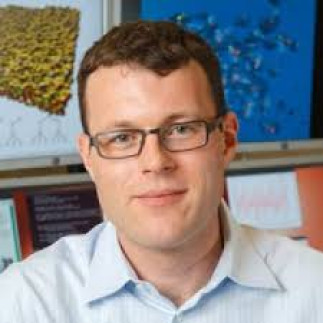Summary : Artificial intelligence has seen rapid adoption within the physics research community. Deep neural networks, in particular, have proven to be extremely flexible and expressive, and can naturally be applied to many physics sub-domains including astronomy, quantum materials, statistical physics, among others. I will explain how some common network topologies and learning approaches work and illustrate how they can be applied to problems in physics, such as predicting phase transitions, controlling non-equilibrium self-assembly, and the behaviour of confined electrons.
Bio : Isaac Tamblyn is a Senior Research Officer at the National Research Council of Canada and is a Faculty Affiliate with the Vector Institute and the Waterloo Institute for Complexity and Innovation. He holds Adjunct status in the Department of Physics at the University of Ottawa and Electrical and Computer Engineering at the University of Waterloo. He conducted postdoctoral studies at Lawrence Livermore National Laboratory and Lawrence Berkeley Laboratory. He earned his Ph.D. in Physics from Dalhousie University.
La conférence est pour tout public et le café est servi dès 11h30.

